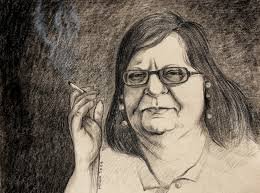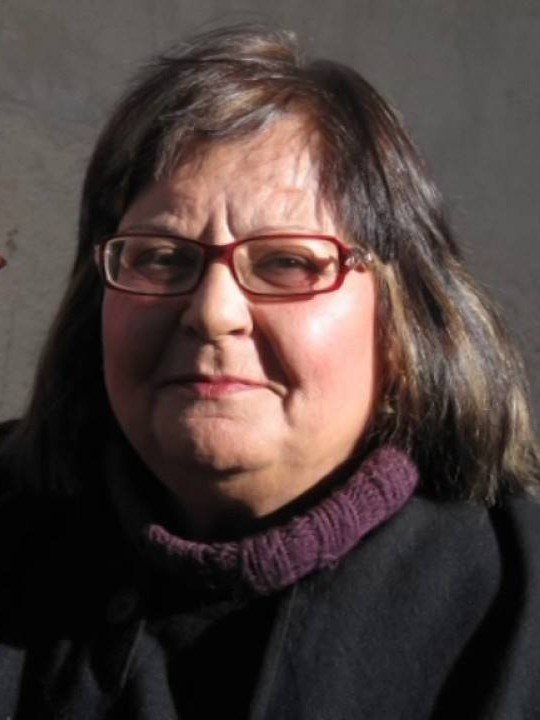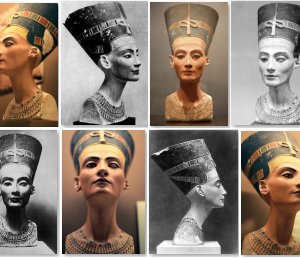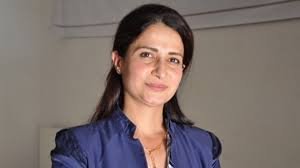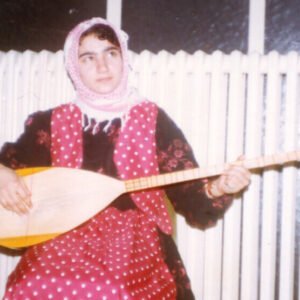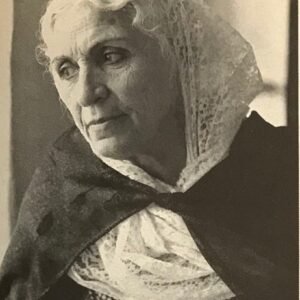Ahlam Mansour, the Iraqi Kurdish short story writer and novelist, is considered one of the most prominent female writers who enriched Kurdish and Iraqi literature during the 1970s and 1980s. She was also one of the female voices who fought for the rights of Faylee Kurdish women.
Ahlam Mansour was born in 1951 in Khanaqin, South part of Kurdistan.
She started school in 1956 and completed her primary education in 1962 and secondary education in Khanaqin in 1970. She became a member of the Iraqi Communist Party that year.
She and her friend Leila Qasim conducted school activities in high school. In 1970, she was admitted to the Kurdish Language Department of Baghdad University, and her friend Leila Qasim was admitted to the Sociology Department. Ahlam became interested in the Kurdish language, and her friend became acquainted with the books of Ali al-Wardy. They continued their studies together in the dormitory of the College of Arts.
At the same time, Ahlam became acquainted with Rafiq Sabir and the poet Hemin, who undoubtedly played a role in her education and taught her to write stories and read about Marxism. During this time, Ahlam published several short poems in Arabic and several short stories.
She was employed as the first Kurdish female journalist in 1974-1975 by the Kurdish Publishing Cooperation Agency. In the 1980s, she began writing Kurdish stories and novels. She published her first novel, Ama Rasha, which described the events in Khanaqin.
In 1988, she wrote a novel called Alwan, which is the first work in Kurdish in the field of socialist feminist novels. In this novel, the heroine Ama Rash and dozens of poor women and girls speak out about all their problems throughout the novel.
After the 1991 spring uprising, she settled in Suleimani, was employed in the Department of Media and Sociology at Suleimani University, and continued defending women and the poor.
In addition to her novels Alwan and Bridge, Ahlam Mansour has published several other books, such as Dreams and Blood, Dystopia, and Experience. In 1991, she received a master’s degree in short stories and later became a Kurdish language and literature teacher at the College of Arts of Suleimani University, where she continued until the end of her life.
Her passing on January 10, 2013, marked the loss of one of the pillars of the feminist literary scene, but her legacy continues to inspire new generations of Kurdish women to continue her struggle for freedom and dignity.
